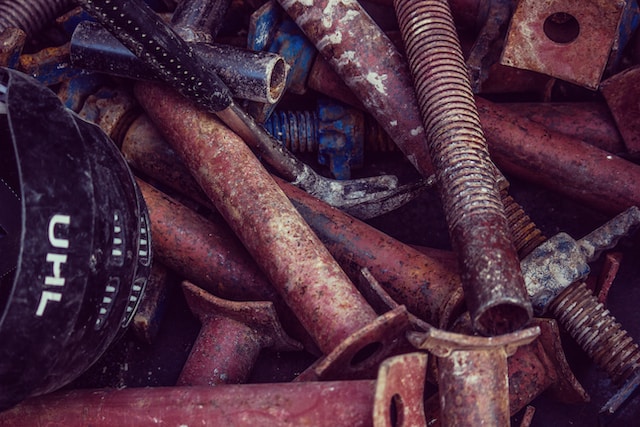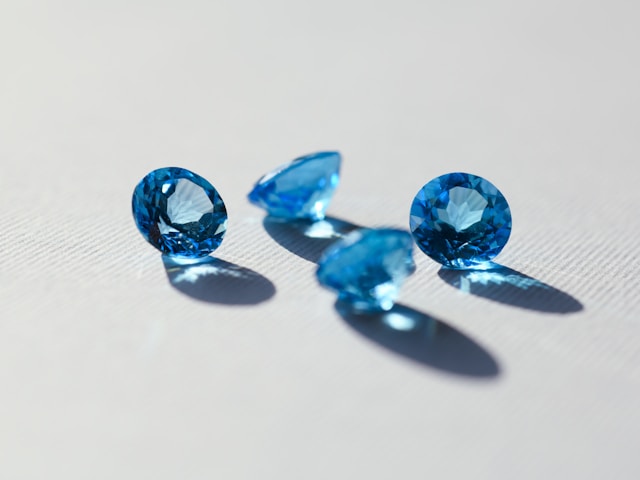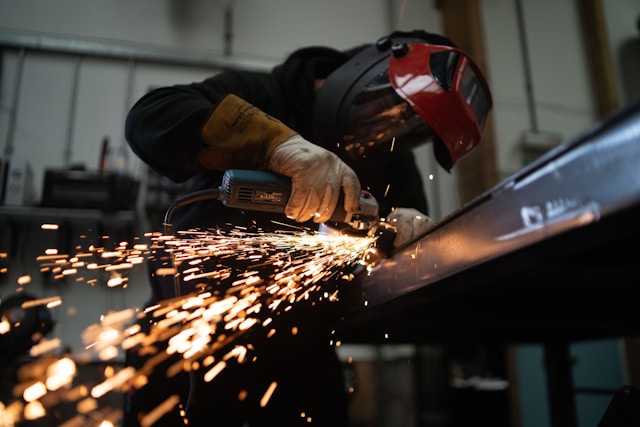Metal recycling is a great way to reduce your company’s carbon footprint and protect the environment. It also provides many other benefits, including saving money and creating jobs. Producing new metal requires a lot of energy and natural resources. To avoid this, it’s best to recycle metal items whenever possible.
Saves Money
Using recycled metal reduces the need for mining natural resources. This is because extracting and refining metal from ore requires a lot of energy, whereas recycling metal uses far less. As a result, there is a decrease in the demand for energy and raw materials, which lowers greenhouse gas emissions. For example, recycling a single aluminum can saves enough energy to power a light bulb for over 20 hours. The same goes for steel, which can be recycled up to six times more often than sending it to landfills. Industrial and commercial businesses can hire scrap metal NJ merchants to care for all their unwanted metals to make it easy. These companies will collect and transport metal to a processing facility, saving money, energy, and natural resources.
Saves Energy
We’ve all heard the old line about recycling paper to save trees, but did you know that recycling metal conserves energy? Using recycled scrap metal reduces the need to mine and manufacture new products, saving countless dollars annually. Plus, it cuts down on greenhouse gas emissions. The process of melting down and processing reusable aluminum, steel, and copper takes much less energy than mining and manufacturing virgin materials. This also helps preserve precious natural resources like iron ore and coal, which contribute to climate change when burned. It also prevents waste from ending in landfills, which can leach harmful chemicals into the surrounding environment.
Reduces Greenhouse Gas Emissions
The recycling process for metals eliminates the need to mine new materials, which saves energy and reduces greenhouse gas emissions. It also preserves precious natural resources such as iron ore and coal, which are used to produce virgin metals. During the recycling process, scrap metals are separated into different categories depending on their type and use. Ferrous metals, for example, are found in things like steel wheels and car frames, while non-ferrous metals are found in things such as copper wire and aluminum cans. These categories are recycled into brand-new high-quality consumer and industrial products, keeping manufacturers’ prices low.
Creates Jobs
Metal recycling creates jobs by providing a profitable opportunity to businesses that otherwise would have to pay for landfill space to dispose of their industrial scrap. It also reduces pollution and saves resources, such as iron ore. The energy required to process recycled metal is significantly less than it would be to extract new ore and turn that into usable material. Additionally, recycled metal requires fewer natural resources like water and oil.
Almost anything can be made of recycled metal, including soda cans and car parts. Copper is a good example of a commonly recycled material found in computers, extension cords, plumbing pipes, and even magnets.
Saves Natural Resources
The process of recycling metal requires much less energy than the mining and manufacturing of new products with virgin raw materials. The metal recycling industry creates 36 times more jobs than sending scrap metal waste to an incinerator or a landfill and helps save natural resources like coal.
All types of metal can be recycled, including copper (the wire in your computer), aluminum cans, steel, and even that old iron bed frame in your garage. Recycling these metals reduces pollution, saves resources, and prevents habitat destruction from mining new ore.




